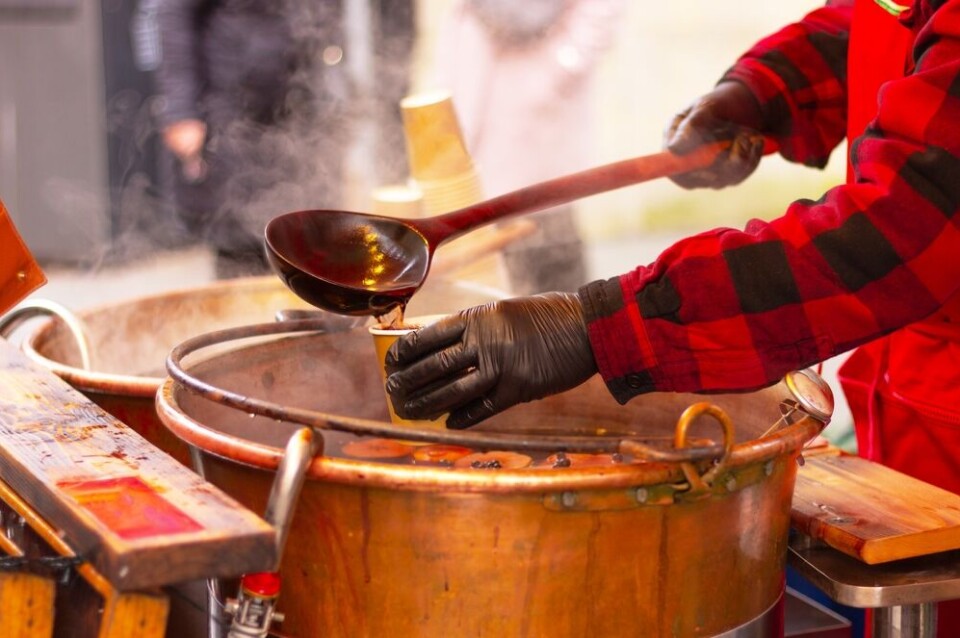-
This self-service wine vending machine has been approved for French roadsides
Innovative machines offer convenient wine access while adhering to alcohol laws
-
Understand the basics of French wine labelling
Why are French wines labelled as Bordeaux or Burgundies, and not Cabernet or Malbec? Jonathan Hesford explains
-
Know your cheeses and their seasons: which to eat in France in February
Cow’s milk cheeses dominate as winter comes to an end
Day 6 of French regional Christmas specialities: Vin chaud
Many European countries have a version of this, often made with local alcohol or spices, and Alsatians too have their own twist, including a white wine version

Every day from December 1-12, The Connexion will be sharing a French regional Christmas speciality. Today we look at vin chaud.
What is vin chaud?
Vin chaud is what the English-speaking community knows as ‘mulled wine’. It is also known as ‘vin epicé’ (spiced wine).
Mulled wine has existed in some form since the Roman empire when it was called conditum paradoxum and included honey, and spices such as saffron and pepper.
The tradition to drink mulled wine during the Christmas period dates to the end of the 19th century when many markets around Germany offered their own variation on Christmas stalls, slowly solidifying an annual folkloric practice.
In France, it is best exemplified in Alsace where merchants offer vin chaud, a red wine that is warmed, and which often contains spices such as cinnamon, cloves, or honey - with lemon or orange peel.
Some Alsatians, however, make vin chaud with white wine - often Riesling or Pinot Blanc. These include members of the association Tribu des Gourmets du Vin d’Alsace.
How do you make vin chaud?
Vin chaud is best made with relatively young wine with a fruity aftertaste. Pinot Noir from Bourgogne and Alsace, or Beaujolais, are often recommended.
Poor quality wine or wine with a high tannins are to be avoided, as the warming will bring out their weakest elements. The proof should range from 7 to 14%.
François-Regis Gaudry, one of France’s most famous food critics, has his own version of vin chaud.
Mr Gaudry first grinds the spices - six cinnamon canes, star anise, three cloves, shredded nutmeg, and cardamom - into powder before grating lemon and orange peel and squeezing all the juice.
Cut the ginger into thin slices and pour the mixture (the spices and ginger slices) into the wine. Heat until it boils and leave it boiling for ten seconds before turning the stove down. Cover for 25 minutes and simmer, then leave it to rest. Strain before serving.
Related articles
Day 1 of French regional Christmas specialities: Crépinettes
Day 2 of French regional Christmas specialities: Bredeles of Alsace
Day 3 of French regional Christmas specialities: Foie gras
Day 4 of French regional Christmas specialities: Chapon farci
Day 5 of French regional Christmas specialities: Treize desserts
























